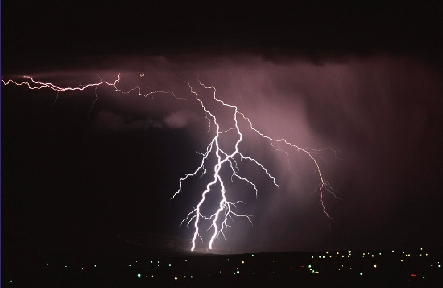"The idea of having a planet that really warmed 10 degrees Fahrenheit is rather baffling. That's the same change we saw back to the last Ice Age. And obviously that was a hugely different kind of world to live on. So, if we really experience something at that high end of temperature warming, it sounds like there is a possibility for widespread disaster."
- Drew Shindell, Ph.D., Atmospheric Physicist, NASA/GISS

January 28, 2001 New York City The largest decline in a mammal population ever recorded by modern scientists has occurred in the otter population of the Aleutian Islands off the west coast of Alaska. In the 1980s, as many as 100,000 otters inhabited the islands. Today, there are only about 6,000 left. And 70% of that decline occurred between 1992 and 2000, a rate of decline that scientists say is unprecedented for any mammal population in the world. Researchers have been trying to find out what happened. And the answer seems to be global warming. Warmer ocean currents in the Aleutians have driven out the huge population of seals and sea lions that used to be the staple food of killer whales. When the seals and sea lions disappeared, the whales turned to otters for food. As water temperatures increased, so did the salmon population. Salmon have attracted sharks. So, in a few short years a warmer water temperature has transformed the once safe mammal sanctuary of the Aleutian Islands into a feeding ground for predators.
Click here to subscribe and get instant access to read this report.
Click here to check your existing subscription status.
Existing members, login below:
© 1998 - 2024 by Linda Moulton Howe.
All Rights Reserved.

